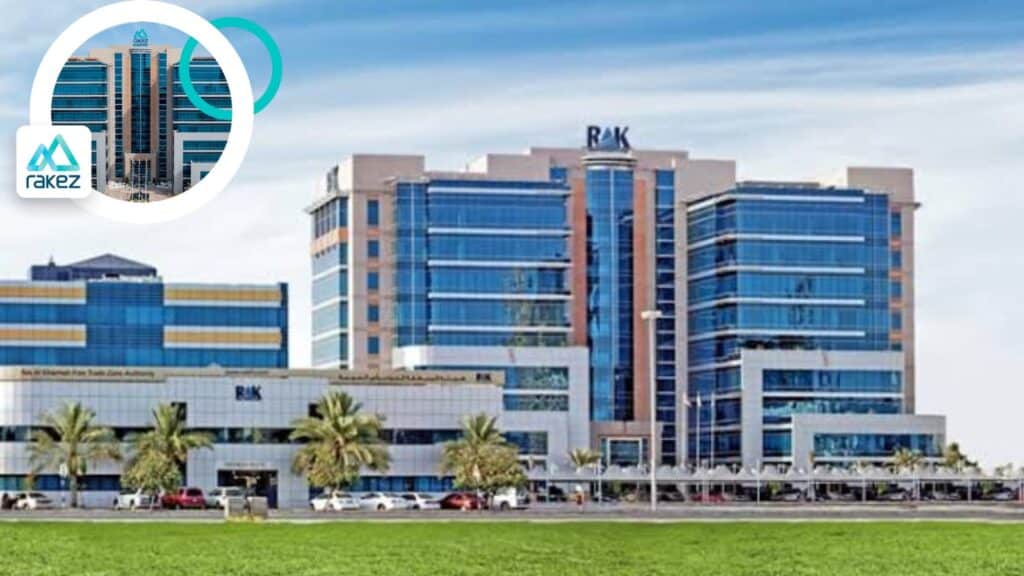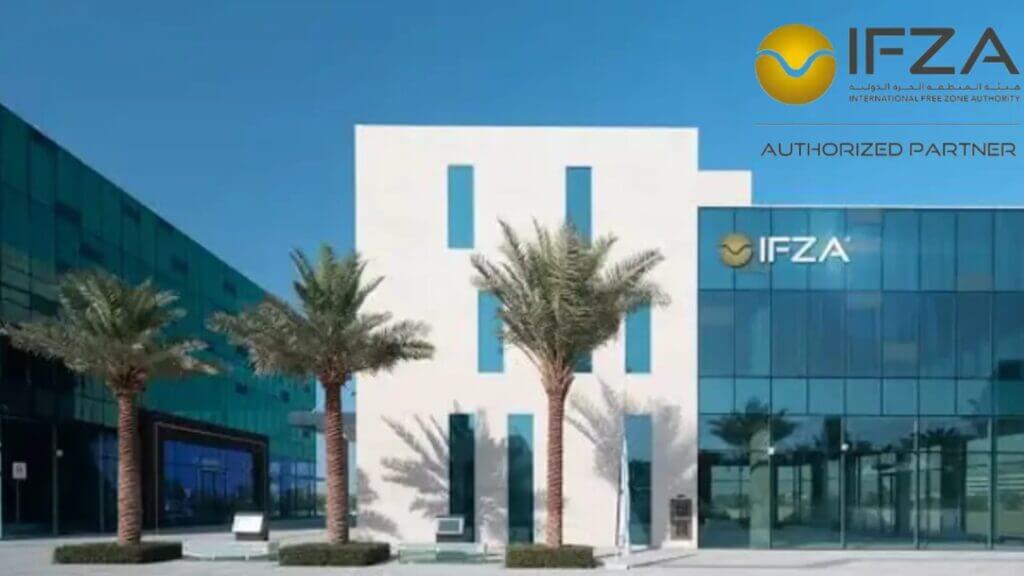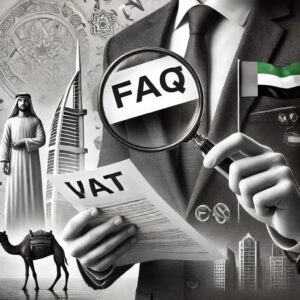Why was ESR introduced in the UAE
Let’s begin with a fundamental question. Why did UAE implemented Economic Substance regulations, who come under the ambit of it and what does it mean to the corporations in particular? We also elucidate briefly on who will be exempted from the ESC and what are the conditions required for the same. In this short blog post, we try to give you an idea about the above contemplative questions and also tell you how BCL Globiz will be your go-to service provider for achieving the compliances required for the ESR.
What Is ESR in the UAE?
UAE is a committed member of OECD inclusive framework. UAE issued Economic Substance Regulation as a response to an assessment of the UAE’s tax framework by the European Union Code of Conduct Group on Business Taxation. The Rules require UAE onshore and free zone firms, as well as certain other business types, to maintain and establish an adequate “economic presence” in the UAE relevant to the activities they perform. It is also dubbed as “Economic Substance Test“. The goal of this rule is to guarantee that entities’ actual earnings are accurately recorded, preventing corporations from intentionally moving profits to jurisdictions with lower or no income tax in order to take advantage of the tax legislation. To put it otherwise, governments throughout the world change their laws on a regular basis to solve common concerns such as money laundering, fraud, and so on, or to boost transparency in present procedures, or to improve the welfare of the general public.
Who Falls Under The Ambit?
For fiscal years beginning on or after 1 January 2019, the UAE economic substance regulations apply to all UAE onshore and free zone companies, branches, representative offices, and other business forms established or licenced in the UAE that engage in one or more of the ‘Relevant Activities’ and earn income from the Relevant Activities listed below:
- Banking Business
- Insurance Business
- Investment Fund Management Business
- Lease-Finance Business
- Shipping Business
- Holding Company Business
- Intellectual Property Business
- Headquarter Business
- Distribution and Service Centre Business
The table below makes a non-exhaustive list of the activities by the aforementioned sectors that are considered to be core Income Generating Activities.
| Banking Business | a) Raising funds, managing risk including credit, currency and interest risk.b) Taking hedging positions.c) Providing loans, credit or other financial services to customers.d) Managing capital and preparing reports to investors or any government authority with functions relating to the supervision or regulation of such business |
| Insurance Business | a) Predicting and calculating risk.b) Insuring or re-insuring against risk and providing Insurance Business services to clients.c) Underwriting insurance and reinsurance |
| Investment Fund Management Business | a) Taking decisions on the holding and selling of investments.b) Calculating risk and reserves.c) Taking decisions on currency or interest fluctuations and hedging positions.d) Preparing reports to investors or any government authority with functions relating to the supervision or regulation of such business. |
| Lease-Finance Business | a) Agreeing funding terms.b) Identifying and acquiring assets to be leased (in the case of leasing).c) Setting the terms and duration of any financing or leasing.d) Monitoring and revising any agreements.e) Managing any risks. |
| Headquarter Business | a) Taking relevant management decisions.b) Incurring operating expenditures on behalf of group entities.c) Coordinating group activities. |
| Shipping Business | a) Managing crew (including hiring, paying and overseeing crewmembers).b) Overhauling and maintaining ships.c) Overseeing and tracking shipping.d) Determining what goods to order and when to deliver them, organizing and overseeing voyages. |
| Holding Company Business | Activities related to a Holding Company Business. |
| Intellectual Property Business | Where the Intellectual Property Asset is a: 1. Patent or similar Intellectual Property Asset: a) Research and development. b) Marketing intangible or a similar Intellectual Property Asset: Branding, marketing and distribution. 2. In exceptional cases, except where the Licensee is a High Risk IP Licensee, the Core Income Generating Activities may include:a) taking strategic decisions and managing (as well as bearing) the principal risks related to development and subsequent exploitation of the intangible asset generating income.b) taking the strategic decisions and managing (as well as bearing) the principal risks relating to acquisition by third parties and subsequent exploitation and protection of the intangible asset.c) carrying on the ancillary trading activities through which the intangible assets are exploited leading to the generation of income from third parties. |
| Distribution and Service Centre Business | a) Transporting and storing component parts, materials or goods ready for sale.b) Managing inventories.c) Taking orders.d) Providing consulting or other administrative services. |
Who Is Exempted?
The Amended Rules have established Exempted Licensees, which are businesses that do not have to comply with the Amended Regulations, but must file a notification along with documentation evidence showing they are able to claim the exempt status. If an entity is deemed exempted if a licensee meets the following criteria.
1. Entities completely owned by UAE Nationals or UAE residents who fulfil the following criteria:
– The entity is not a member of an MNE Group (as defined in the ESR),
– And it exclusively operates in the UAE.
- An Investment Fund.
- A foreign entity’s branch whose relevant income is taxed in capacity of the jurisdiction of a foreign entity.
These are only a few to list. For a detailed understanding, you may always consult BCL Globiz, here.
When should you file ESR in the UAE?
Within twelve months after the conclusion of the relevant fiscal year, the entities are supposed to file a report on the Ministry of Finance’s ESR webpage disclosing Economic Substance (ES) Test Status: Organizations must meet the following Economic Substance Tests to establish the presence of appropriate substance in the UAE.
1. Notification: UAE enterprises that engage in one or more of the Relevant Activities shall make a notice on the Ministry of Finance’s (MoF) online ESR portal within six months of the end of the fiscal year (FY). Entities must state which relevant activities were carried out, if any revenue was received, and whether such income was subject to taxation outside the UAE as part of this submission.
2. Economic Substance Tests: a) The Core Income Generating Activity Test (CIGA) requires that the core activities be performed in the UAE. b) The Directed & Managed Test requires that the Relevant Activities be directed and managed from the UAE. c)The Adequacy Test requires that the organisation have sufficient resources such as workers, costs, and assets in the UAE.
3. Report: Entities with revenue from any Relevant Activity/ies must file a report on the MoF’s online ESR portal within 12 months of the end of the relevant fiscal year. Entities must disclose numerous facts as part of this submission, including whether or not they have fulfilled the ES Tests. Information on the outsourced service provider-specific CIGAs carried out and Operational expenses and number of full-time staff for each Relevant Activity. The report must also include the information on the parent, ultimate parent, and ultimate beneficial owner.If you want to know the implications and repercussions of Non-compliance of the ESR, visit BCL Globiz’s detailed page on the same: https://bcl.ae/economic-substance-regulations-esr-compliance/








 UAE
UAE UAE
UAE INDIA
INDIA UK
UK

